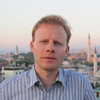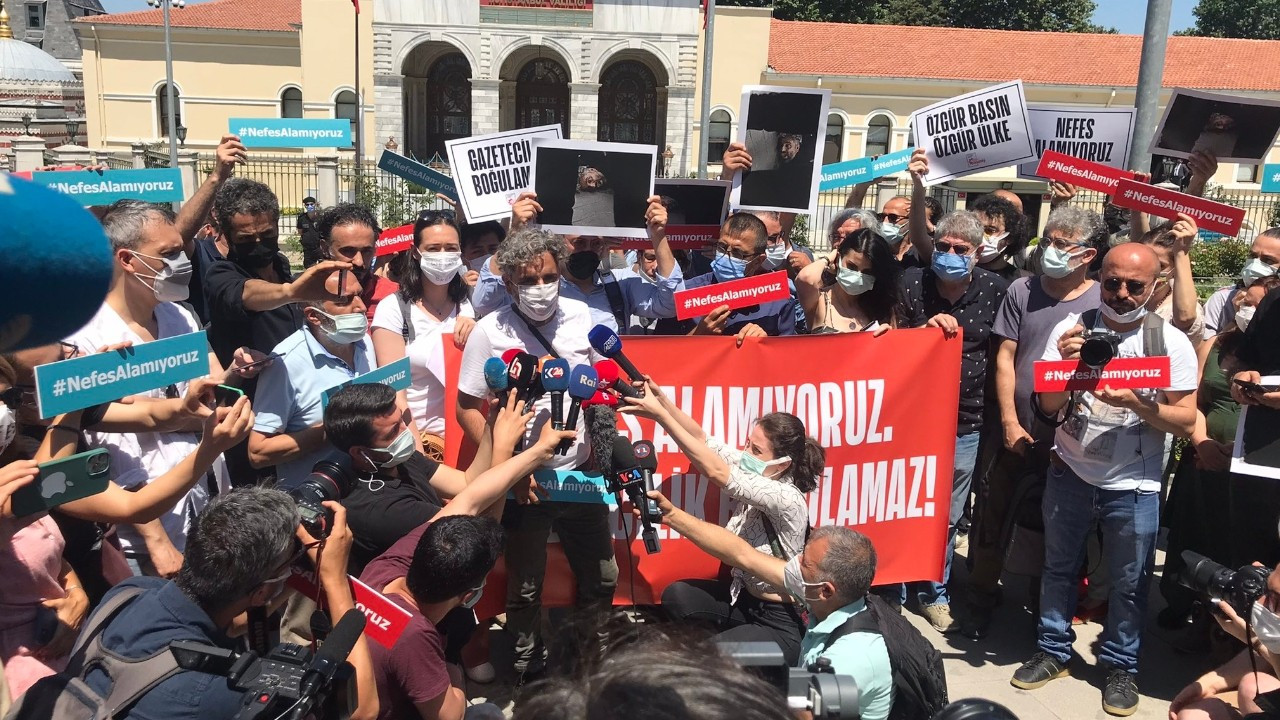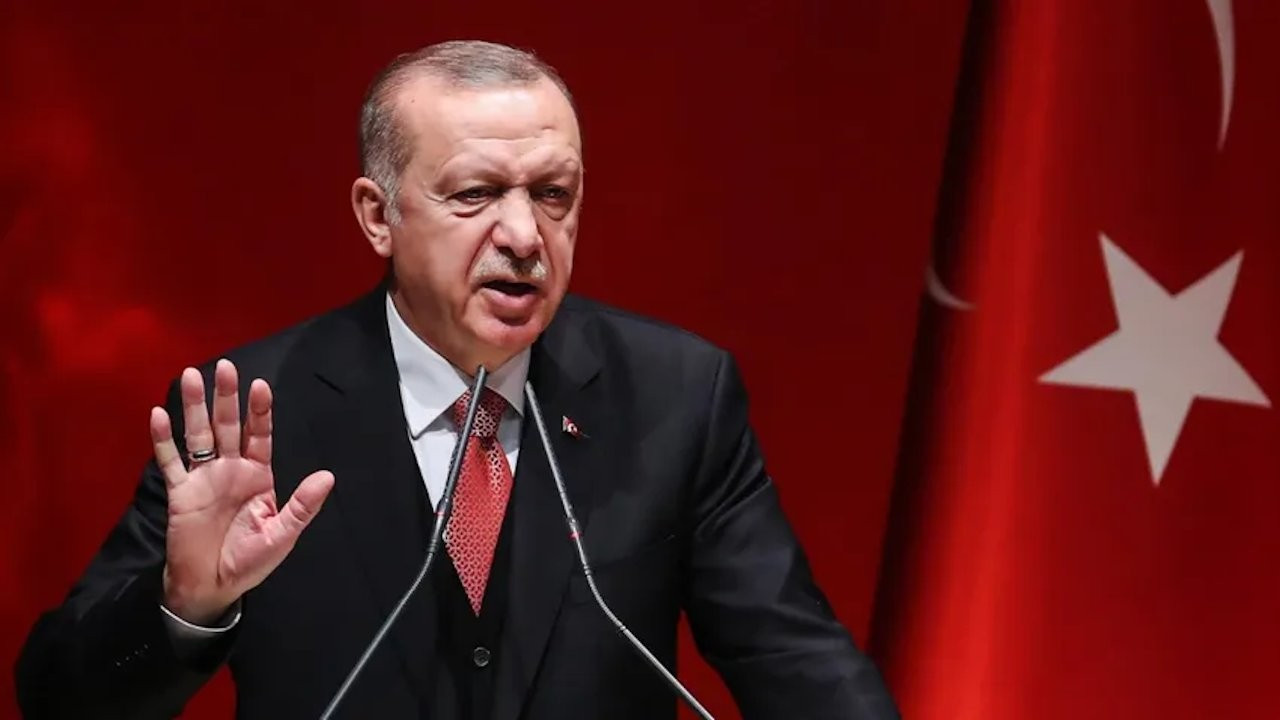Danger here, there, and everywhere
A Turkish journalist was assaulted in the yard of his house in Berlin last week. The message is clear: If you are critical of the Turkish government, you are not safe in Germany either, you are not safe anywhere. There are a number of people suspected as possible perpetrators of last week's attack. According to estimates, between 6,000 and 8,000 people work as informants for the Turkish intelligence service MİT in Germany.
Turkish journalist Erk Acarer came to Berlin in April 2017 via the support of Reporters without Borders, because it was no longer safe for him in Turkey. He was regularly vilified by pro-government media, from daily Sabah to Yeni Akit, but because of his investigative work he was also threatened with a series of trials and arrest warrants.
In Berlin, like many other Turkish and Kurdish exiles, he thought he was safe. That was until last Wednesday, when Acarer was attacked and beaten by two men in the courtyard of his apartment building in Berlin-Neukölln. The three attackers entered the house after a neighbor of Acarer’s opened the front door. Their plan was to attack him in his flat, but when they entered, they saw him in the yard and changed plans. Acarer told the Welt's journalist Deniz Yücel, who was in prison in Turkey for one year on ‘terror propaganda’ charges, that “One came and immediately punched me in the face. I fell to the floor in a daze and didn't even realize at first that there were two attackers hitting me. One yelled, ‘Stop writing!'" A third attacker was a lookout.” Because Acarer’s wife immediately started screaming for help, other residents of the building became aware of the situation, forcing the attackers to flee. Acarer suffered a head injury and was treated at a hospital. The State Office of Criminal Investigation, which is responsible for politically motivated crimes, is investigating the attack.
Although immigration from Turkey to Germany began as labor migration in the 1960s, it has since also been related to the political situation in Turkey. For example, after the 1980 coup, numerous leftists and Kurds came to Germany who no longer felt safe in Turkey. In the 1990s, numerous Syrian Orthodox Christians came, who left their villages around Midyat in particular because of the violence in the southeast of the country.
Since 2013, there has been increased immigration of Turkish citizens belonging to different factions of the Turkish opposition or who were critical of the government or active in opposition associations or tweeted criticism. After the coup attempt in 2016, this immigration increased sharply. Most came legally, but many also came via the Balkan route or the Aegean islands, as they were no longer allowed to leave the country or no longer had passports. Among these Turks and Kurds who have emigrated since 2013 are numerous journalists and academics who have settled primarily in Berlin and Cologne. Berlin is the city with the most people of Turkish origin and Cologne, which many Turkish associations have their headquarters in, is one of the media capitals of Germany. Acarer has a program on Arti TV, a channel which was founded in Cologne in 2017 by opposition journalists around Celal Baslangic. There are other media outlets like özgürüz or Ahval and a huge number of YouTube channels run by exiles, catered towards Turkey.
Acarer is not the first Turkish journalist to be targeted in Berlin. Can Dündar stopped using cabs after a few weeks in Berlin after being verbally attacked by Turkish cab drivers on several occasions. Hayko Bagdat moved from a central Berlin neighborhood to the outskirts in order to be safer. Both have permanent police protection, which Acarer will now also get.
The attackers are fugitives. There are a number of people suspected as possible perpetrators. According to estimates, between 6,000 and 8,000 people work as informants for the Turkish intelligence service MİT in Germany. This makes MİT the foreign intelligence service with the most informants in Germany. But criminal structures surrounding the banned far-right biker gang Osmanen Germania could also be involved. Acarer himself suspected that the attackers came directly from Turkey and have long since traveled back.
Whoever the attackers were, the message is clear: You are not safe in Germany, you are not safe anywhere. On Thursday, a solidarity rally was held for Acarer in the heart of ‘Turkish’ Berlin, around Kottbusser Tor. Deniz Yücel spoke. Acarer was not there. The police did not allow him to attend; Too dangerous.


 Turkish media workers hold protests against police brutality: We can't breatheMedia
Turkish media workers hold protests against police brutality: We can't breatheMedia RSF once again lists Erdoğan as 'press freedom predator'Media
RSF once again lists Erdoğan as 'press freedom predator'Media